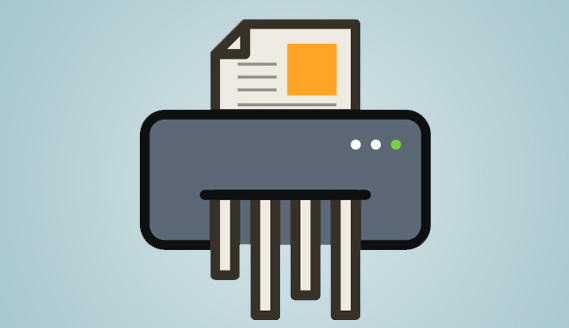
Content marketing and SEO has evolved quite a bit over the past few years. Google released algorithm updates to improve their search quality, but quality content is still one of the most important factors (if not the most important factor) that they use to judge a website.
Unfortunately, what is considered "quality content" has changed drastically, especially over the past two years.
If you've been doing content marketing for a while, you'll know that 500 word articles used to be the ideal length of an article on your website. They were easy and cheap to outsource, easy to write by yourself, and easy to post to your website every day. Best of all, if you wrote a 500 word article on your business website, they generally performed very well in organic search results and drove traffic to your website.
As people discovered how easy it was to create short how-to articles and guides, thousands of websites regularly pushed out these short articles to garnish search engine traffic. The problem is, many of these articles were very low value and were created with SEO and search engine traffic in mind (and not quality or user experience), which led to low value articles that clogged search results and were generally unreadable. This is why Google released Google Panda, a major algorithm update focused on content quality.
Google Panda and Content Quality
Google Panda was created to prevent this type of content from performing well in search results. After all, if Google's visitors are upset at the low quality search results they are receiving, that's bad for business.
As a result, longer articles performed much better than short articles. A few years ago, it was 1000 word articles. Then, it became 1500 word articles. Now, articles that are 3000+ words or more tend to rank well as in-depth articles.
One thing is for certain; after Panda was released, these short 500 word articles were no longer considered as valuable, as Google realized that comprehensive articles are generally much longer than this.
Unfortunately, for many sites that had a lot of these 500 word articles (like mine), traffic and rankings took a sharp fall after the Panda update was released.
Content Auditing and Cleanup
After using the Panguin Tool to identify which of my pages were affected the most, I discovered that the majority of my content that dropped in traffic were these short articles from several years ago. At the time, I was outsourcing this content to writers to create 500 word articles for my websites.
When I went to actually read these articles, I realized how bad most of them were. By the time I was done reading the second paragraph, I had already reached the end of the page. It didn't address many of my core issues that the topics presented, and it wasn't nearly as good quality as my latest articles. No wonder they were hit by Panda.
I took note of the most valuable articles (specifically those that had a high number of backlinks or that used to receive a high amount of search traffic) and wrote new, updated articles that were much longer and more comprehensive. Then, I redirected the old articles to the new ones.
What about the hundreds of articles that I didn't deem valuable?
Well, as the title of this article suggests: I simply deleted them. I sent thousands of dollars worth of articles to the trash bin in my Wordpress dashboard.
What Happened
To my surprise, after a few weeks, my organic traffic increased by about 30%. The articles that were deleted were already receiving little to no search engine traffic after the Panda update, and the articles that were re-written or that were left untouched increased in rankings and traffic.
Why did this happen?
Some Google updates are page-specific. This means that if you have thousands of articles, and half are low quality and the other half are very high quality, only the low quality articles will perform poorly on search engines.
However, this isn't the case with Google Panda, which affects the rankings of an entire website. By deleting these low quality articles, the average quality of my website pages increased.
Lessons Learned
There's no shame in deleting old content, especially if it improves the overall quality of your website.
Content quality is more important than content quantity. I know of websites that have thousands of articles, and they don't get nearly as much traffic as other sites that only have a few dozen great in-depth articles.
It's for this reason that I went from posting 7 times a week to only once or twice a week; with this extra time, I'm able to create a much better article that is more useful to visitors. This is the kind of effort that search engines reward.
If you delete your old content, make sure it's properly redirected to a more updated/thorough article so that your user experience doesn't suffer. If Google starts delivering it's visitors to a page that used to exist, that can reflect poorly on your website. If redirecting isn't an option, and if you can't merge your old blog posts, simply delete the post and use a "410 Gone" response code.
If you're using Wordpress, you can try out the "410 for Wordpress" plugin to tell Google that a blog post has been permanently deleted. A 410 error code is much better than a 404 Not Found error, as it lets Google know that you have no intention of bringing it back (whereas a "Not Found" error can leave deleted content indexed on Google for longer).
Are you thinking of deleting your old content? Did it help your overall traffic and rankings? Let us know in the comments below!
